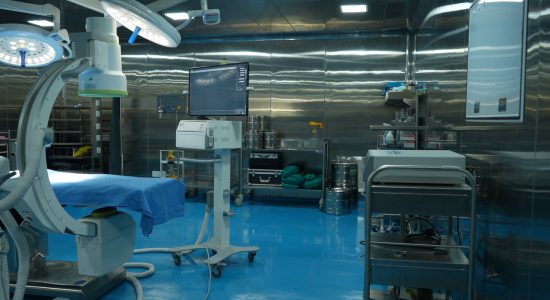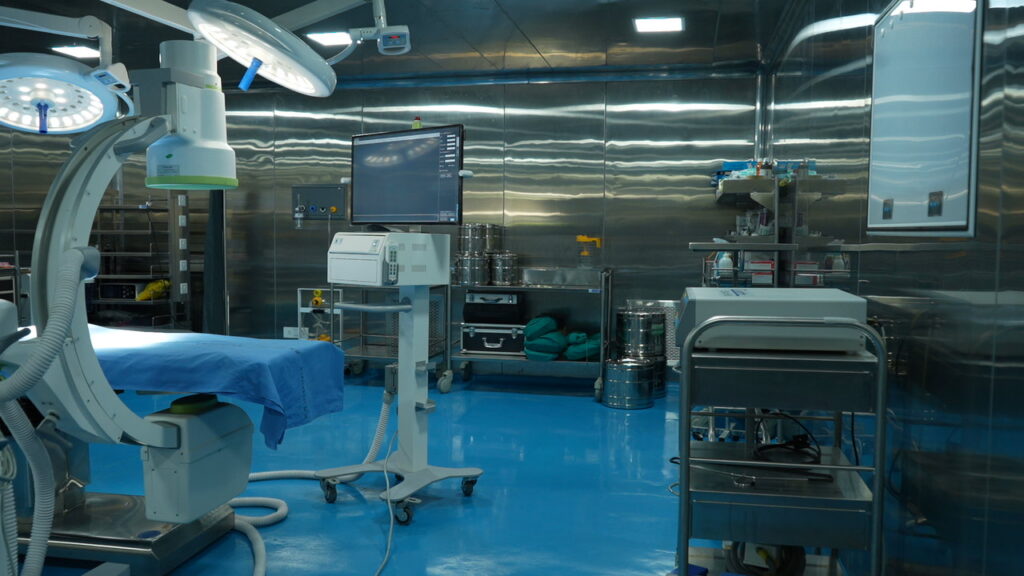

Neurosurgery is a surgical specialty that focuses on the treatment of conditions affecting the brain, spine, and nervous system. Neurosurgeons are highly skilled and trained to perform complex surgical procedures to treat a wide range of neurological conditions, including brain tumors, spinal cord injuries, and vascular disorders.
Neurosurgery involves the use of state-of-the-art technology and techniques to perform procedures that require extreme precision and skill. Neurosurgeons work closely with other healthcare professionals, such as neurologists, radiologists, and physical therapists, to develop personalized treatment plans for each patient. The goal of neurosurgery is to improve the quality of life for individuals with neurological conditions and to help them achieve optimal function and mobility.
In addition to surgical treatment, neurosurgeons also play an important role in the ongoing management and care of neurological conditions. This may include working with patients to develop rehabilitation plans and recommending ongoing therapy and support services. Neurosurgeons may also provide guidance and support for patients and their families throughout the treatment process.
Advancements in neurosurgical technology and techniques continue to revolutionize the field of neurosurgery, allowing neurosurgeons to perform procedures that were once considered impossible. These advances include the use of minimally invasive techniques, such as endoscopy and stereotactic radiosurgery, which can reduce the risk of complications and speed up recovery times.
Overall, neurosurgery is a complex and highly specialized field that requires a great deal of skill and expertise. Neurosurgeons work tirelessly to improve the lives of their patients and to advance the field of neurosurgery through ongoing research and innovation.

Neurosurgery can be used to treat a wide range of conditions affecting the brain, spine, and nervous system, including brain tumors, spinal cord injuries, and epilepsy.
Recovery from neurosurgery can vary depending on the type of procedure, but patients may experience pain, swelling, and limited mobility following surgery. Physical therapy and rehabilitation may be necessary to help patients regain function and mobility.
Patients may need to undergo various medical tests prior to neurosurgery, and should follow their doctor's instructions regarding any necessary preparations. This may include abstaining from food and drink for a certain period of time before the procedure, stopping certain medications, and arranging for transportation to and from the hospital.

“Experience compassionate care and advanced medical treatments at RR Hospitals – where your health is our priority.”
Stay in touch with our news and promotions